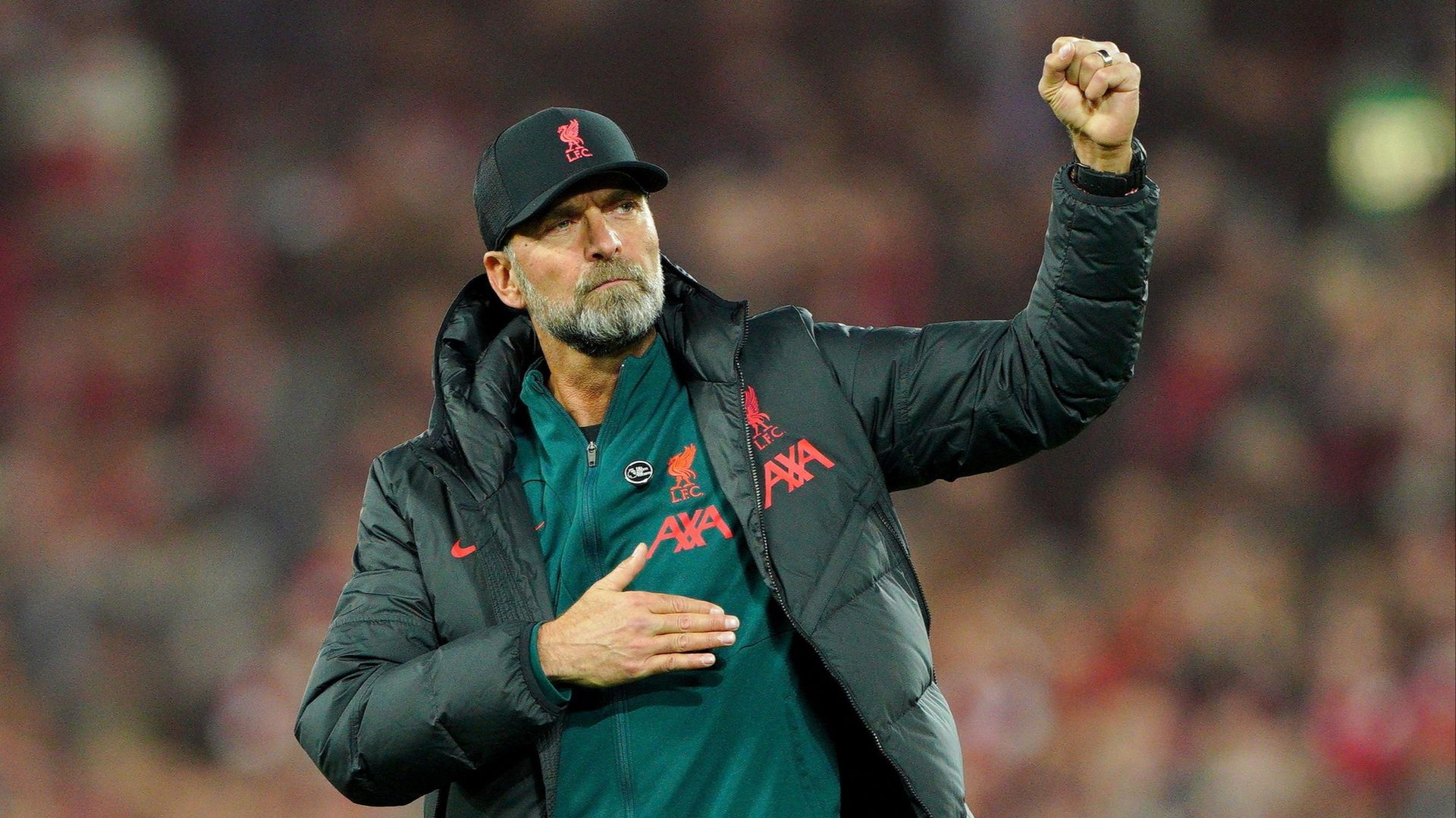
In an era short on admired leaders, Jürgen Klopp has been a rare role model. The German football manager, who announced today that he is resigning at the end of this season after nine years at Liverpool, offers numerous lessons for his counterparts in business and politics.
First, he turned himself into the embodiment of the institution he led. He always presented himself not as a mere technocrat but as somebody who loved Liverpool FC. Having joined the club as an outsider, he worked to understand what it meant to everyone involved in it. In his hugs and emotional sprints along the touchline (and sometimes into the field), the giant with football’s most joyous smile expressed the feelings of every Liverpool fan.